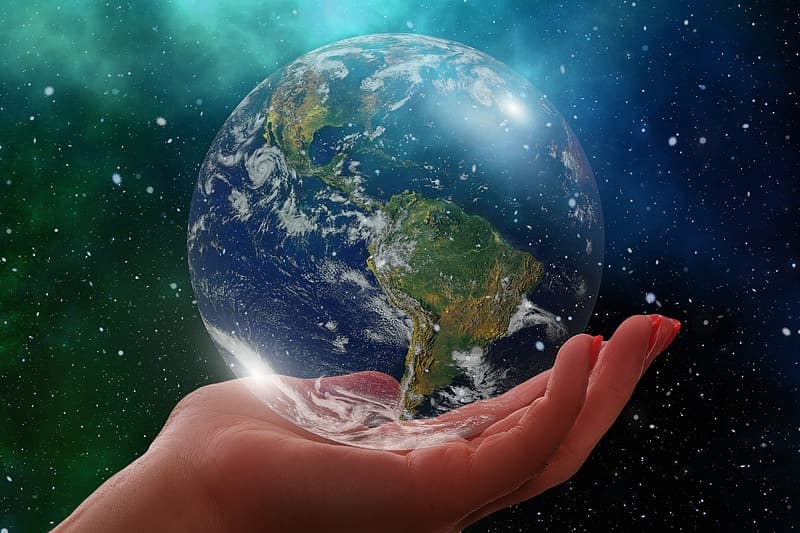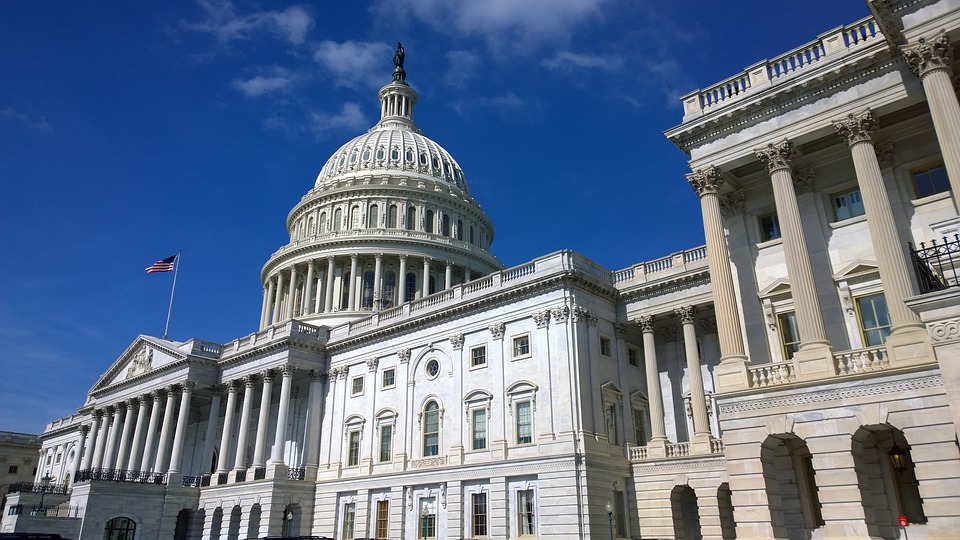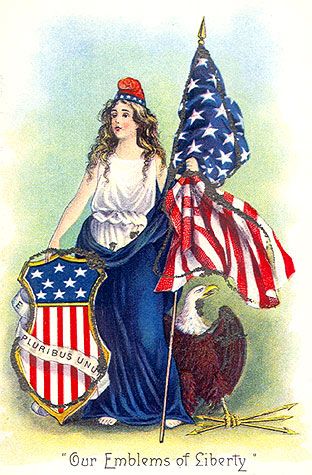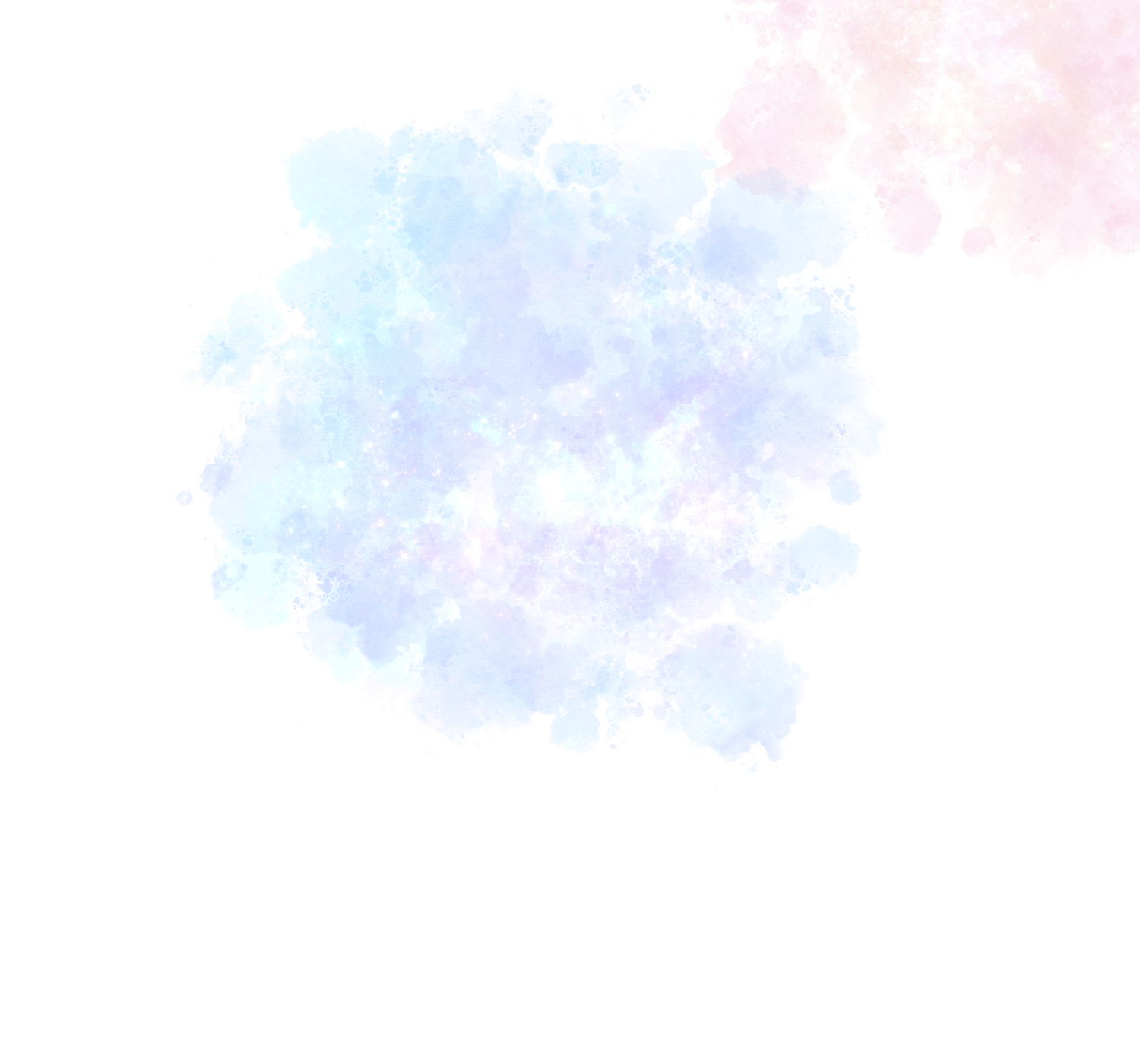We often think of literature as limited to novels, short stories, plays, and poetry. Actually, the word “literature” simply means “that which is written.” It comes from the Latin word litera, or “letters,” in English. We recognize, though, that literature can be both spoken and written. Briefly, anything that is said or written can be considered literature. Literature contains and conveys experiences about all aspects of life. These include: culture, history, religion, psychology (shinri-gaku), language, sociology (shakai-gaku), politics (seiji-gaku), economics (keizai-gaku), and science.
What do we learn about when we study literature? Briefly, you learn about yourself, the world, and your place in it.

Nonetheless, when we think of literature, we tend to think of stories. Stories are everywhere, and all around us, but we often don’t think about them, or notice them as stories. Even words and names contain stories. Let’s consider an example from American culture. You are probably aware that the capital of the United States is called Washington, D.C. But what does that name mean, and where does it come from?

There are two parts to that name: “Washington” comes from the family name of the first US President, George Washington, who helped America win its freedom and independence from Britain back in the 18th century. When we talk about George Washington, and the War of Independence, we are telling stories that can involve many different subjects.
What about “D.C”? That is short for “District of Columbia,” as the US capital is not located in any state (such as California or Florida). It is a separate district because Americans did not want any one state to have more power by having the national capital located in it. The name “Columbia” comes from an ancient tradition of naming places, or the spirit of places, after gods or goddesses. Briefly, “Columbia = America,” though no one believed there was an actual goddess named “Columbia.” Rather, Columbia represents the spirit of American freedom and independence, similar to how Momotaro represents Okayama. The name “Columbia” is taken from the family name of Christopher Columbus, the Italian explorer whose explorations in 1492 first alerted Europeans that there was another continent out there —the “New World” that was later named “America.”

You will notice that in explaining the meaning behind the name of the US capital, we have been sharing stories—stories involving culture, history, and politics. Behind them are other stories involving religion (the bringing of Christianity to the New World), economics (European explorers looking for trade routes, land, and natural resources), and sciences and technologies (which traveling great distances across oceans require). But these are all stories—they are all literature.
As we can see, stories are everywhere, and stories are often what literature is all about. Indeed, every day we all experience new stories. Day after day, year after year, these stories tell the stories of our lives. Your own life is a story. Simply put: literature is life, and life is literature.
・英語英文学科
・David S. Ramsey(教員紹介)



